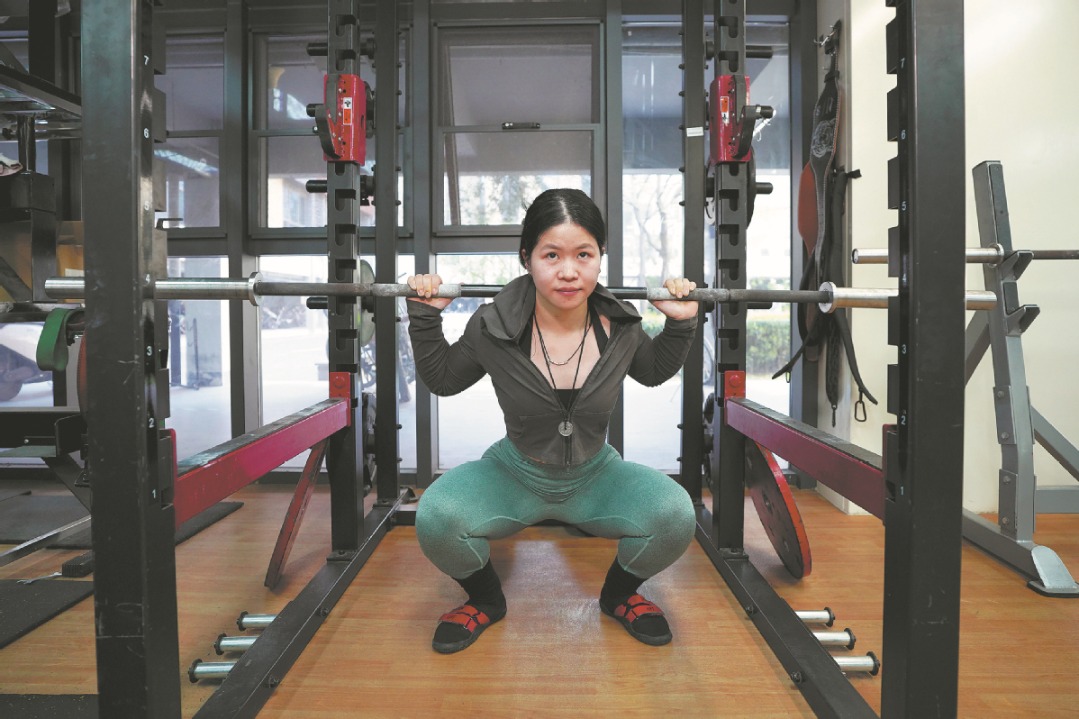Yunnan is home to Asia's largest seed bank

The rapid loss of biodiversity and germ plasm resources is the main reason behind the establishment of seed banks around the world. According to the United Nations Food and Agriculture Organization, there are now more than 1,750 seed banks worldwide.
Situated in the forests of suburban Kunming, capital of Southwest China's Yunnan province, is the Germplasm Bank of Wild Species.
Founded in 2007, GBOWS is a research and preservation facility for rare and endangered plants and animals. It is the only comprehensive preservation facility for storing wild plant and animal germ plasm resources in China and the largest in Asia in terms of species, according to Li Pei, a plant specialist.
Affiliated to the Kunming Institute of Botany under the Chinese Academy of Sciences, GBOWS is composed of a seed bank, a micro-propagation unit, a plant DNA bank, a microbial bank (based at Yunnan University) and an animal germ plasm bank (based at the Kunming Institute of Zoology), as well as experimental research laboratories for plant genomics and seed biology.
It has preserved 85,046 seed accessions of 10,601 species; 24,100 tissue samples of 2,093 species; 65,456 extracted DNA materials from 7,324 species; 22,800 strains of 2,280 microorganisms; and 60,262 bio-samples of 2203 wild animal species and domestic animal breeds.
The bank functions as a bio dome that protects wild organisms, especially endangered species or those with high economic or scientific value, from extinction.
- New logistics route boosts shipments
- Pairs of sister cities between China, Central Asian countries exceed 100
- Xi, Central Asian leaders witness inauguration of China-Central Asia cooperation centers, platform
- Xi, Central Asian leaders sign treaty of permanent good-neighborliness and friendly cooperation
- Discover China Program kicks off at BFSU
- Ministry launches job recruitment program in Qingdao





































